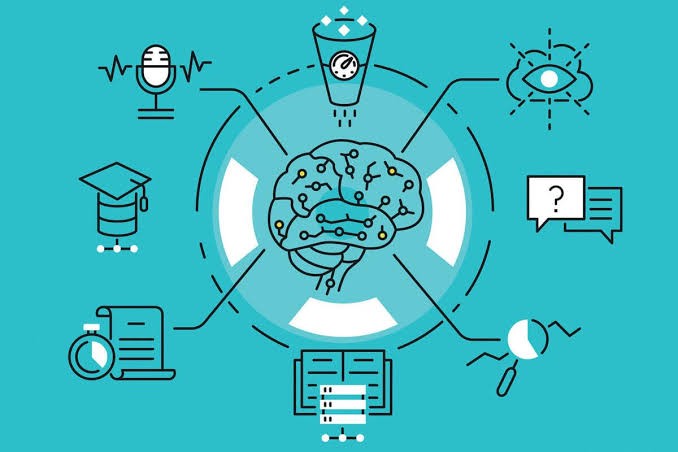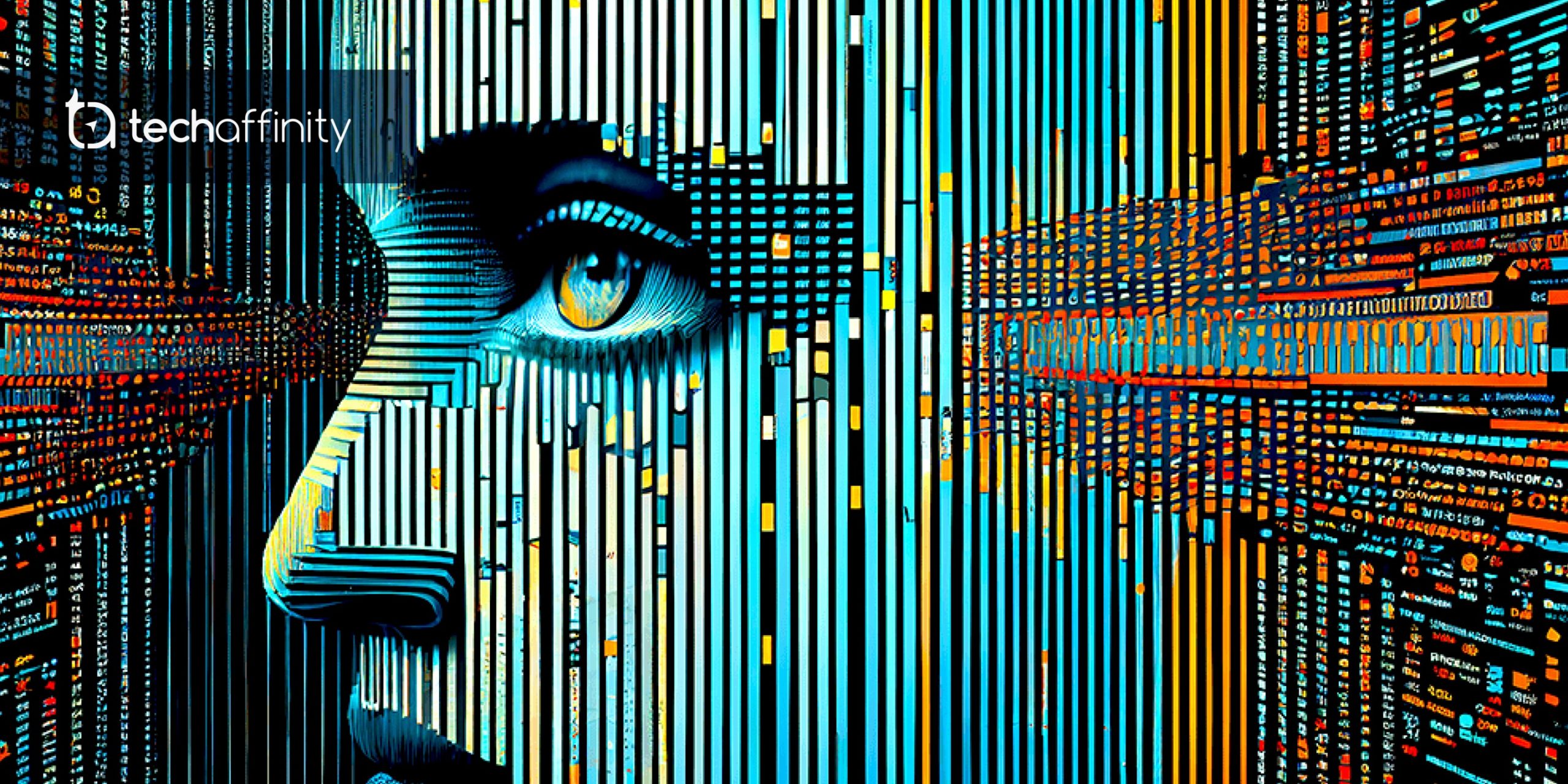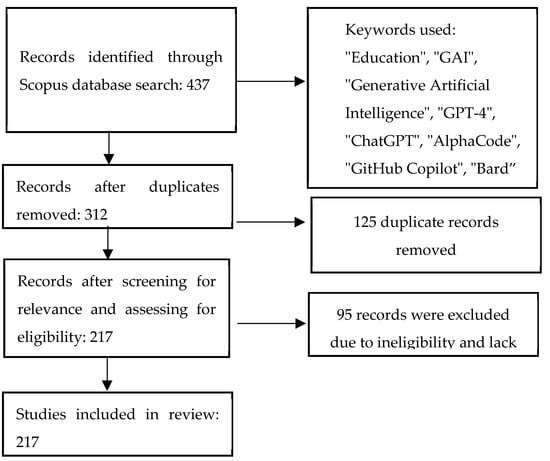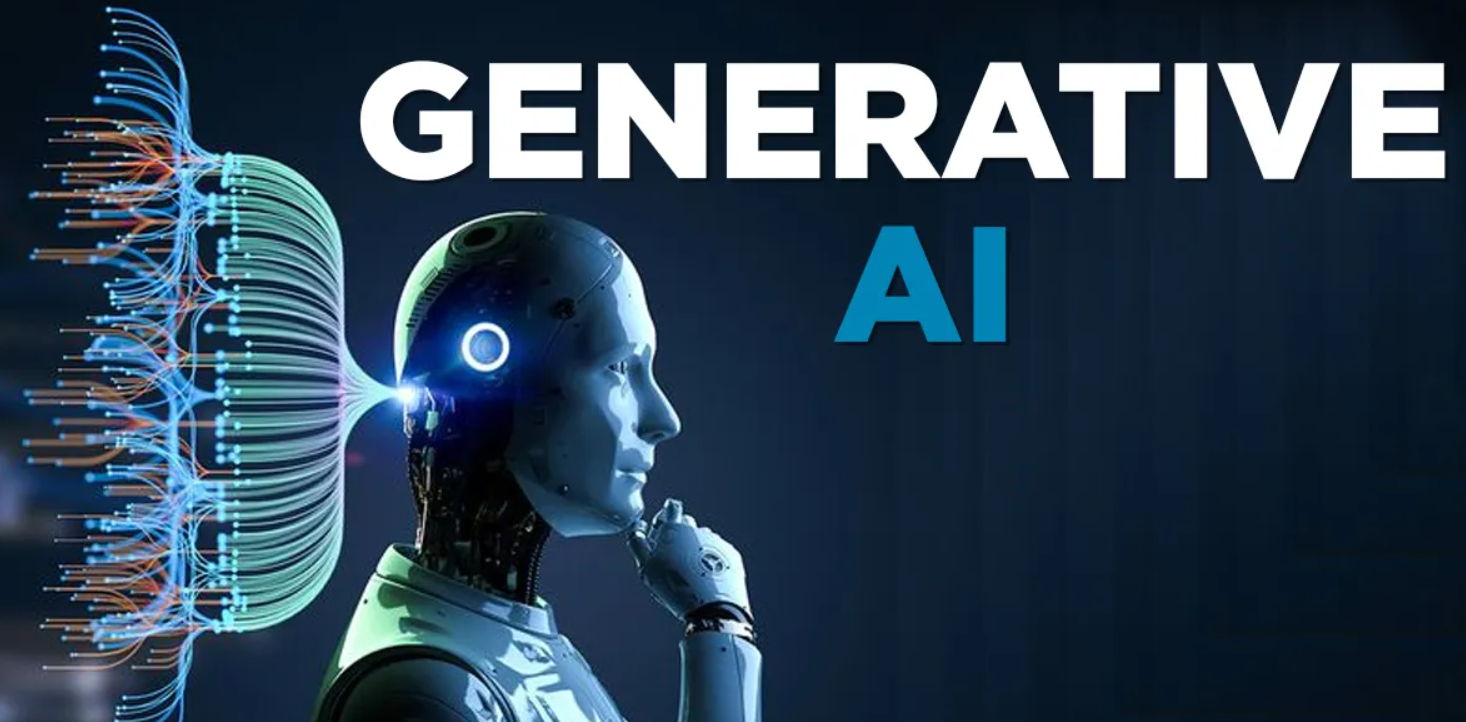
Introduction
Generative Artificial Intelligence (GAI) is revolutionizing various industries with its ability to bring new possibilities and advancements. This cutting-edge technology is reshaping the way businesses operate, leading to improvements in efficiency, accuracy, and creativity. In this article, we will explore the definition of GAI and its impact on different sectors.
Definition of Generative Artificial Intelligence (GAI)
Generative Artificial Intelligence (GAI) refers to a subset of AI that focuses on creating new content, ideas, or designs. Unlike traditional AI, which is based on patterns and existing data, GAI can generate new and original outputs. It uses algorithms and neural networks to mimic human creative thinking. This allows machines to create artwork, music, text, and inventions.
GAI technology has made significant strides in recent years, leading to remarkable advancements in various industries. Let us explore some of the areas where GAI has made a significant impact.
Overview of GAI’s impact on various industries
- Art and Design: GAI is transforming the art and design industry by creating innovative and unique pieces. Artists and designers can now collaborate with AI systems to explore new possibilities and push creative boundaries. GAI can generate paintings, sculptures, and even architectural designs that inspire and captivate audiences.
- Marketing and Advertising: GAI has revolutionized marketing and advertising by providing personalized and compelling content. By analyzing consumer preferences and behavior, GAI algorithms can generate tailored advertisements, emails, and social media posts that resonate with individual customers. This level of personalization has resulted in higher customer engagement and conversion rates.
- Healthcare: GAI is revolutionizing healthcare through advancements in medical imaging analysis, diagnostics, and drug development. GAI algorithms can analyze large amounts of medical data, assist in accurate diagnoses, and even propose new treatment plans. This technology has the potential to improve patient outcomes and accelerate medical research.
- Finance: GAI is transforming the financial industry by optimizing trading strategies, risk assessment, and fraud detection. GAI algorithms can analyze vast amounts of financial data in real-time, making more informed investment decisions and reducing financial risks.
In conclusion, Generative Artificial Intelligence is a groundbreaking technology that is reshaping multiple industries. Whether it is creating art, personalizing marketing campaigns, enhancing healthcare diagnostics, or improving financial decision-making, GAI is changing the game by introducing new levels of efficiency, accuracy, and creativity. As this technology continues to advance, we can expect even more exciting applications and possibilities in the future.

GAI in Creative Fields
GAI in Art and Design
Generative Artificial Intelligence (GAI) has revolutionized the world of art and design. Artists and designers can now leverage the power of machine learning algorithms to create unique, innovative, and visually stunning works. GAI algorithms analyze massive amounts of data and generate new ideas, compositions, and designs that were once considered unimaginable.
With GAI in art and design, artists can explore new aesthetics and push the boundaries of traditional art forms. GAI algorithms can generate intricate patterns, transform images in unique ways, and even create entire virtual worlds. This technology enables artists to experiment, adapt, and create art that resonates with audiences on a deeper level.
GAI in Music Composition
The use of GAI in music composition has opened up a world of possibilities for musicians and composers. GAI algorithms can analyze vast amounts of musical data, identify patterns, and create original compositions in various genres and styles. This technology allows musicians to explore new melodies, harmonies, and rhythms that would have been difficult to conceive without GAI.
Musicians can collaborate with GAI algorithms to generate new ideas and enhance their creative process. GAI algorithms can provide inspiration, suggest chord progressions, and even create complete compositions. This collaboration between humans and GAI has the potential to revolutionize the music industry and generate new and exciting sounds.
GAI in Writing and Content Creation
In the world of writing and content creation, GAI has emerged as a powerful tool. GAI algorithms can analyze vast amounts of text, learn language patterns, and generate human-like content. This technology enables writers, bloggers, and content creators to produce high-quality content in less time.
GAI can be used for different purposes like creating blog posts, articles, social media captions, and product descriptions. This technology can help writers generate ideas, make outlines, and enhance the clarity and organization of their writing.
Although GAI cannot fully replace human creativity, it is a useful tool for writers and content creators. It helps them simplify their creative process and create engaging content. As GAI technology continues to advance, it will undoubtedly reshape the landscape of the creative industry.

GAI in Business and Marketing
Generative Artificial Intelligence (GAI) is transforming the way businesses operate and market their products or services. With its ability to learn, adapt, and generate content, GAI is quickly becoming a game-changer in various areas. Let’s explore how GAI is revolutionizing customer service and support, marketing and advertising, as well as data analysis and decision-making.
GAI in Customer Service and Support
GAI has significantly improved customer service and support by offering instant and personalized assistance. GAI-powered chatbots can answer simple customer questions, allowing human agents to focus on more difficult tasks. GAI can understand natural language, gather customer data, and deliver accurate answers or solutions. This enhances customer satisfaction and reduces response times.
GAI in Marketing and Advertising
GAI is empowering businesses to create personalized marketing campaigns at scale. By analyzing customer data, GAI can identify patterns, preferences, and behaviors to generate targeted content. GAI can customize messages and recommendations for customers, boosting engagement and conversion rates through various channels such as automated email marketing and social media advertising. GAI can also assist in copywriting, SEO optimization, and content creation, saving time and improving marketing effectiveness.
GAI in Data Analysis and Decision-Making
GAI possesses the capability to analyze vast amounts of data and generate valuable insights. By processing large datasets, GAI can identify trends, correlations, and predictive patterns that humans may overlook. This enables businesses to make data-driven decisions, optimize operations, and improve their competitive edge. GAI can analyze unstructured data like social media posts and customer feedback. This gives insights into customer sentiment and market trends.
In conclusion, GAI is redefining business and marketing strategies with its ability to automate customer service, deliver personalized marketing content, and provide data-driven insights. Businesses that adopt GAI will have a big advantage in the fast-changing digital world.

Ethical Considerations of GAI
Generative Artificial Intelligence (GAI) has emerged as a game-changer in various industries, from healthcare to finance. However, it is important to address the ethical considerations that come with this technological advancement.
Potential biases and ethical challenges
One of the key concerns surrounding GAI is the potential for bias in the algorithms that power it. Since GAI learns from existing data, any biases present in that data can be perpetuated. This raises important questions about fairness, particularly in fields such as hiring and lending decisions. It is crucial for developers and organizations to be aware of and actively work towards eliminating biases in GAI algorithms.
Ensuring transparency and accountability
Transparency is another ethical consideration when it comes to GAI. As these systems become more complex, it can be challenging to understand how decisions are made. Organizations must establish guidelines to ensure transparency, making it clear how GAI is being used and the criteria behind its decision-making processes. This will not only help build trust but also allow for accountability.
Balancing human intervention and reliance on GAI
Maintaining a balance between human intervention and relying solely on AI systems is crucial, even though GAI can offer significant advantages. Humans should still play a critical role in defining the objectives and monitoring the performance of GAI Allowing humans to intervene in decision-making can help avoid unintended consequences and ethical dilemmas.as.
Ethical considerations in GAI are essential for the responsible development and use of this technology. To fully harness the potential of this revolutionary technology, it is important to establish standards and guidelines that address biases, promote transparency, and strike a balance between human control and reliance on artificial intelligence.

Future Implications and Possibilities
GAI’s potential for innovation and advancement
Generative Artificial Intelligence (GAI) has emerged as a cutting-edge technology with immense potential for innovation and advancement across various industries. GAI systems have the capability to generate human-like content, including text, images, and even music. With the ability to analyze large amounts of data and learn from patterns, GAI has the potential to revolutionize fields such as healthcare, finance, marketing, and more.
The power of GAI lies in its ability to assist humans in complex tasks and decision-making processes. GAI can improve efficiency, accuracy, and productivity in repetitive tasks, freeing up human resources for more creative and strategic endeavors. For example, in healthcare, GAI can analyze patient data, assist in diagnosing diseases, and recommend personalized treatment plans, enhancing the quality of care provided.
Predictions for GAI’s future development
The future of GAI looks promising, with ongoing advancements in machine learning and natural language processing. As technology continues to evolve, GAI systems are expected to become even more sophisticated and capable. It is anticipated that GAI will have an increasing role in driving automation and smart decision-making, with potential applications in areas like autonomous vehicles, virtual personal assistants, and personalized customer experiences.
Developments in GAI are also likely to enhance collaboration between humans and machines. As GAI systems improve, they will understand and respond better to humans. This will make communication and cooperation between humans and AI easier. This collaboration holds great potential for solving complex problems and achieving breakthrough innovations.
Pros and cons of widespread GAI integration
While the potential benefits of GAI are vast, its widespread integration also raises concerns and challenges. One of the main concerns is the potential impact on the job market. With the automation of tasks previously performed by humans, there may be job displacement. Although GAI can create new job opportunities in the development and maintenance of AI systems.
Another challenge is ensuring the ethical use of GAI. As GAI systems become more advanced, issues related to privacy, data protection, and human-AI interactions need careful consideration. Balancing innovation with responsible implementation is crucial to fully harnessing the potential of GAI and addressing concerns.
In conclusion, with its potential for innovation and advancement, GAI is poised to revolutionize various industries and reshape the future of work. While there are challenges and ethical considerations, the opportunities presented by GAI are immense. As technology continues to evolve, it will be important for businesses and policymakers to adapt and embrace GAI in a responsible and forward-thinking manner.

Conclusion
Generative Artificial Intelligence (GAI) is revolutionizing various industries and driving innovation to new heights. Its transformative power lies in its ability to create, design, and problem-solve at levels that were previously unimaginable.
Recap of GAI’s transformative power
GAI has already proven its worth across multiple sectors, including healthcare, finance, manufacturing, and creative industries. GAI can use advanced algorithms and a lot of data to find solutions, make processes more efficient, and discover insights that humans may not find. From creating life-saving drugs and predicting market trends to generating personalized content and designing innovative products, GAI’s capabilities are limitless.
The importance of responsible and ethical deployment of GAI
As with any powerful technology, it is crucial to deploy GAI responsibly and ethically. Ensuring transparency, privacy, and fairness in its use must be a priority. We must establish guidelines and rules to handle any biases, security issues, and ethical dilemmas that may come up from using GAI. Striking a balance between innovation and responsible deployment is key in harnessing the full potential of GAI.
Final thoughts on GAI’s role in shaping the future
GAI is poised to play a pivotal role in shaping the future. Its ability to automate tasks, enhance decision-making processes, and push the boundaries of creativity opens up a world of possibilities. However, as GAI continues to evolve, humans need to adapt and acquire new skills to coexist harmoniously with this technology. By embracing lifelong learning and collaborating with and enhancing GAI, humans and machines can thrive together in the future.
In conclusion, GAI is a game-changer that promises to revolutionize industries, drive innovation, and shape the future. By harnessing its transformative power responsibly and ethically, humanity can unlock new frontiers of knowledge and advance toward a future where the potential of GAI is fully realized.




